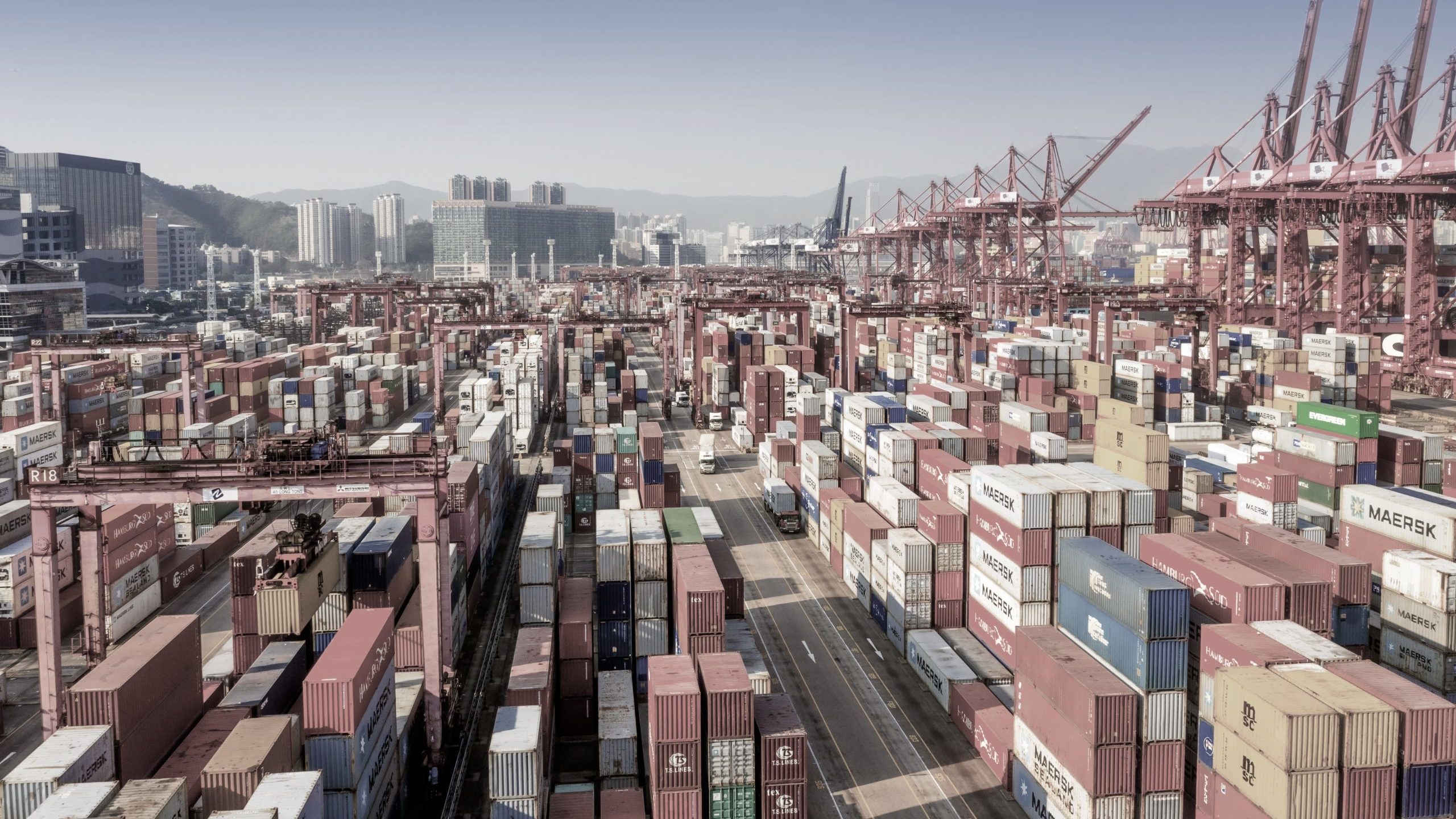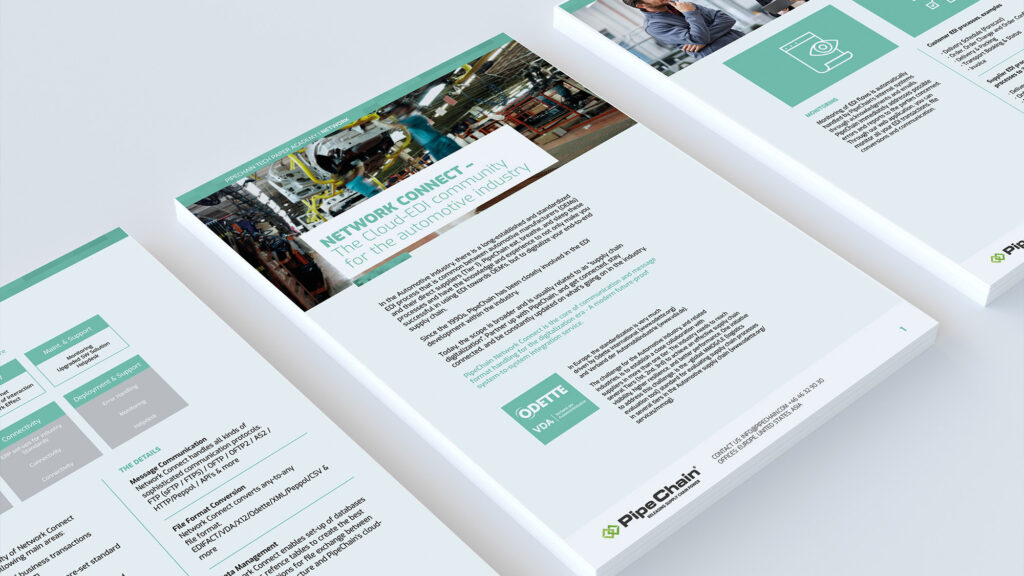
What is Full Inbound Control?
“I have made digitalization of Inbound Supply Chain processes my calling. Processes that can be rolled out to ALL or at least a decisive majority of all suppliers. We call in “Full Inbound Control”.
I base this calling on four primary foundations:
- Logical interest. It’s a complex world
- A wide, data-driven, inbound supply chain process creates control, drives out costs, drives value, and creates a competitive advantage.
- Outbond Vs Inbound. Many companies are have focused on on digital customer processes. But at the same time lost the supply-line in the process. Now is the start of the road to inbound!
- Many still have much to do before they have full inbound control before you can call your supply chain data-driven and deviation-focused. A large unleashed company potential!”
– Roland Jansson, VP at PipeChain
One of the most difficult aspects of larger or even medium sized supply chains are their complexity. A myriad of suppliers from different areas, countries or even continents, all who in turn have their own supply chain which they depend on. Furthermore, it is not unusual for companies to have large amounts of articles to handle in purchase, which leads to the complex rabbit hole that is warehousing and logistics.
Companies that has one or several of these complexities in supply chain often have poor degree of digitalization in its inbound supply chain processes across the whole supplier base. Many manual tasks often remain in the co-operation with a large amount of suppliers. If you also have many sites, the situation often gets even worse as different sites can have different operational purchase order processes and degree of digitalization towards the same supplier. With a poor supply chain process digitalization degree, your supply chain cannot be one of your key competitive advantages. It will also consume unnecessary resources and firefighting tend to be costly as you lack control and time to act in deviations.
Read more about Full Inbound Here
Insights

If you are interested in learning more about how to create a powerful connected supply chain, here are our latest insights.
Tech papers

To help you get a deeper and better understanding of our solutions and your supply chain, we have developed a number of detailed tech papers on different subjects.
-
Necessary
These cookies are not optional. They are needed for the website to function. -
Statistics
In order for us to improve the website's functionality and structure, based on how the website is used. -
Experience
In order for our website to perform as well as possible during your visit. If you refuse these cookies, some functionality will disappear from the website. -
Marketing
By sharing your interests and behavior as you visit our site, you increase the chance of seeing personalized content and offers.


